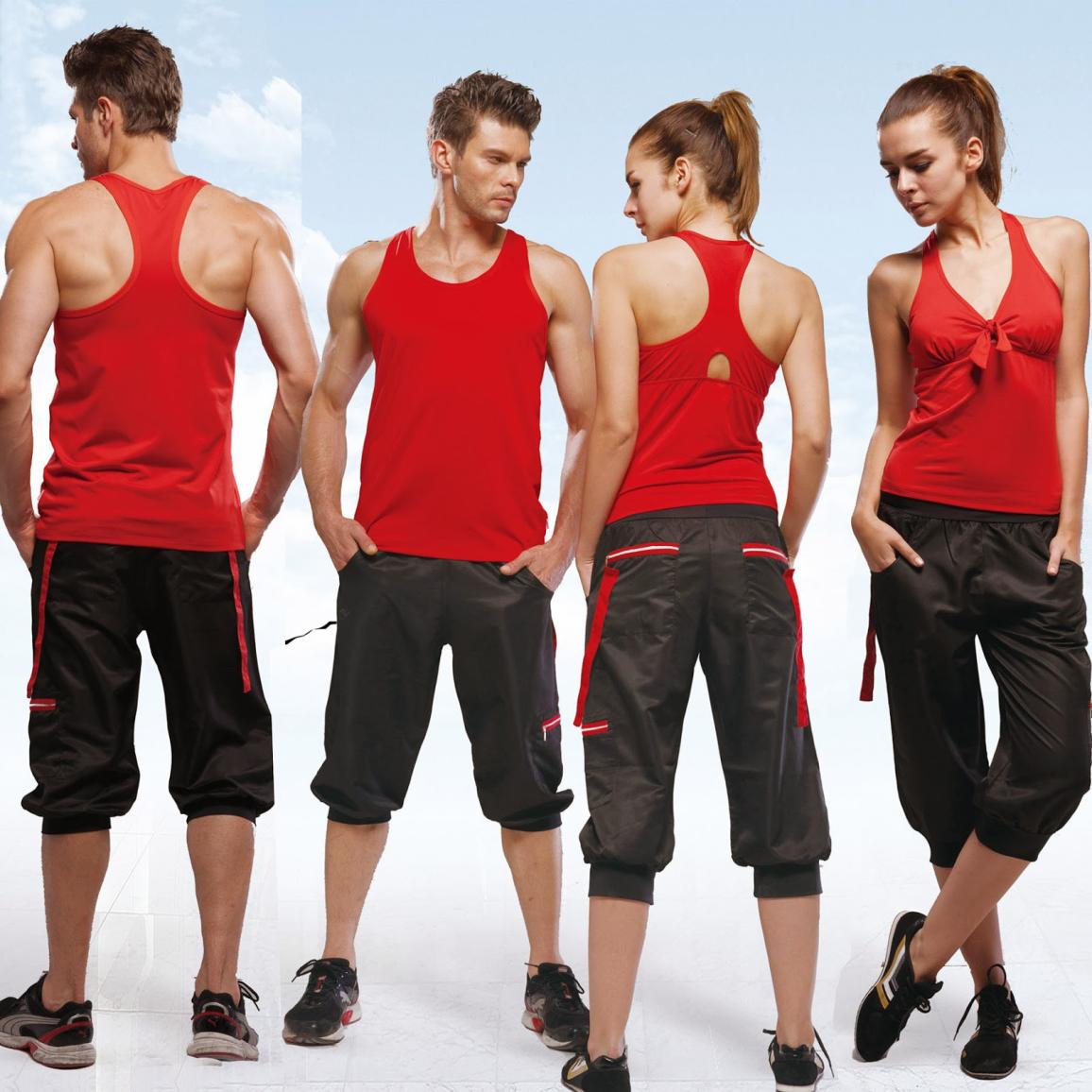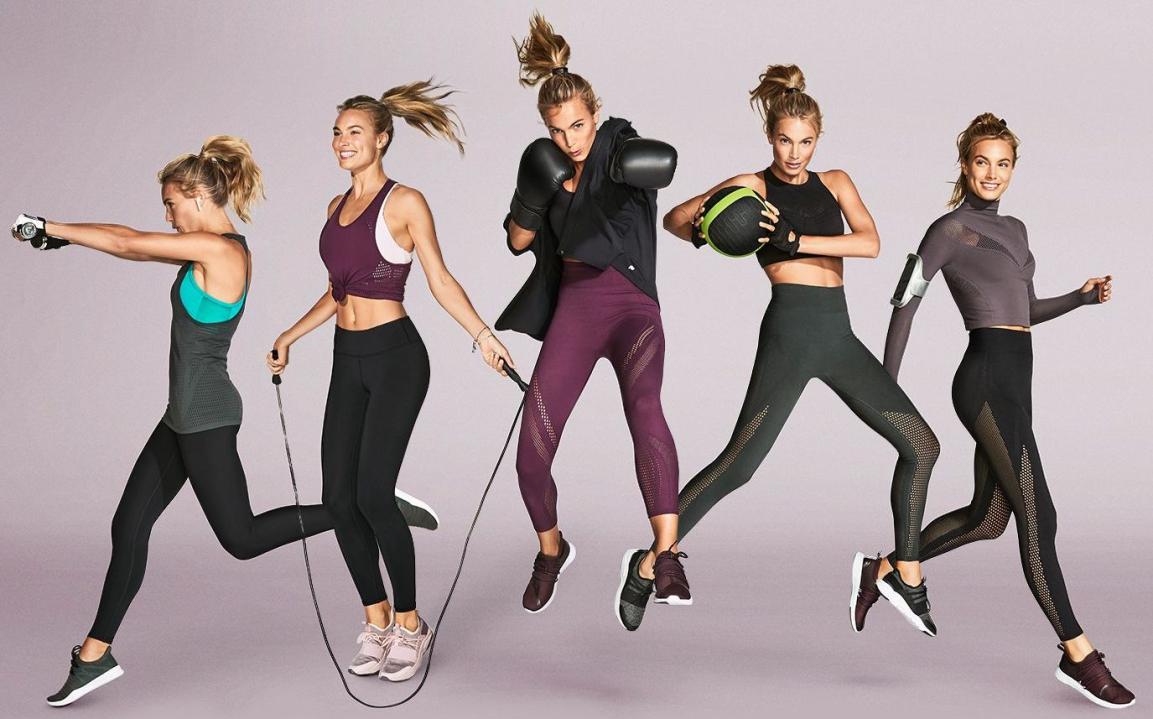What Are Some of the Ethical and Sustainable Options for Activewear?
Introduction:

In today's active lifestyle, activewear has become an essential part of our wardrobes. However, the conventional production of activewear often raises ethical and sustainability concerns. This article explores the environmental and social impacts of traditional activewear production and presents sustainable and ethical alternatives that align with a healthier planet and society.
I. Environmental Impact Of Activewear:
A. Conventional Activewear Production:
- Excessive Water Consumption: The production of synthetic fibers, commonly used in activewear, requires enormous amounts of water. This water usage contributes to water scarcity and pollution.
- Greenhouse Gas Emissions: The manufacturing of activewear, particularly synthetic materials, releases significant greenhouse gases, contributing to climate change.
- Microplastic Pollution: Synthetic activewear sheds microplastic fibers during washing, which end up in waterways and oceans, posing a threat to marine life and ecosystems.
II. Ethical Concerns In Activewear Production:
A. Labor Practices:
- Poor Working Conditions: Many factories producing activewear operate in countries with poor labor standards, leading to long working hours, low wages, and unsafe working conditions for workers.
- Child Labor: In some parts of the activewear supply chain, child labor is still a concern, depriving children of their right to education and a safe childhood.
B. Animal Welfare:
- Leather and Fur: The use of leather and fur from animals in activewear raises ethical concerns regarding the treatment and welfare of animals.
- Wool: The production of wool involves practices like sheep shearing and mulesing, which can cause discomfort and pain to animals.
III. Sustainable And Ethical Activewear Options:
A. Organic And Recycled Materials:
- Organic Cotton: Organic cotton cultivation reduces the use of harmful pesticides and fertilizers, promoting soil health and better working conditions for farmers.
- Recycled Polyester: Using recycled polyester helps divert plastic waste from landfills and oceans, reducing environmental pollution.
- Bamboo and Hemp: Activewear made from bamboo and hemp fibers offers sustainable and comfortable options with a lower environmental impact.
B. Fair Trade And Ethical Certification:
- Fair Trade Certified: Fair trade certification ensures fair wages and working conditions for workers throughout the supply chain.
- B Corp Certification: B Corp certification recognizes companies that meet high social and environmental standards, promoting ethical and sustainable business practices.
IV. Consumer Choices And Impact:
A. Importance Of Informed Consumerism:
Consumers play a crucial role in driving ethical and sustainable change in the activewear industry. Informed consumerism can influence brands to adopt more responsible practices.
B. Tips For Ethical And Sustainable Activewear Shopping:
- Research Brands: Research brands and their ethical and sustainable practices before making purchases.
- Look for Certifications: Opt for activewear with fair trade and ethical certifications.
- Opt for Durable and Long-Lasting Activewear: Choose durable and long-lasting activewear to reduce waste and extend the lifespan of your clothing.
V. Conclusion:
The demand for ethical and sustainable activewear is growing as consumers become more conscious of the environmental and social impacts of their clothing choices. By supporting brands that prioritize ethical and sustainable practices, consumers can contribute to a healthier planet and a more just society. Making informed choices and opting for sustainable and ethical activewear options empowers consumers to drive positive change in the industry.

Call to Action:
Join the movement towards ethical and sustainable activewear. Research brands, look for certifications, and make informed choices that align with your values. Together, we can create a more sustainable and ethical activewear industry that benefits both people and the planet.
YesNo

Leave a Reply